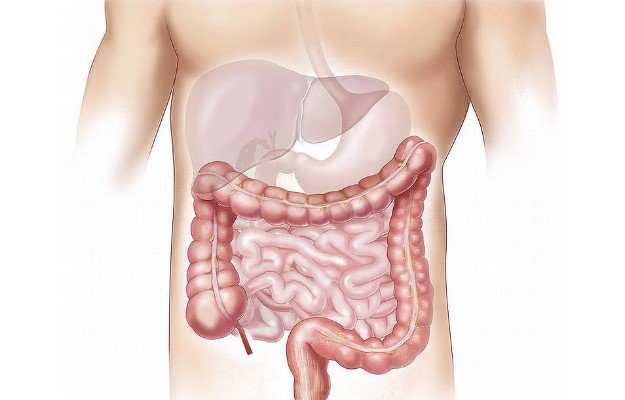What is Hartnup disease?
Hartnup disease is a metabolic disorder wherein the body is not able to absorb certain important amino acids. These amino acids are then passed out of the body via urine. Amino acids are nutrients that help in forming proteins and proteins are the building blocks of cells. Thus, a deficiency of amino acids can lead to a variety of symptoms. Hartnup is a genetic disease and it does not have any curative therapy available yet, but certain vitamin supplements and alterations in diet can help in reducing the intensity of symptoms.
What are the main signs and symptoms of Hartnup disease?
As amino acids form proteins, deficiency of certain crucial proteins results in a variety of signs and symptoms. In case of Hartnup disease, these signs and symptoms include:
- Rashes over the skin
- Ataxia – lack of muscular coordination or muscle tone
- Speech difficulty
- Tremors
- Unsteady gait
- Delusions
- Anxiety
- Frequent mood swings
- Sensitivity to light
- Hallucinations
What are the main causes of Hartnup disease?
Hartnup disease occurs due to a mutation in a gene that helps in absorbing the amino acid tryptophan from intestines and kidneys. It is usually transmitted through defective genes (autosomal recessive trait – when both parents have recessive gene it gets inherited into the offspring). The exact reason for this genetic mutation is unknown. However, in Hartnup disease, tryptophan is neither absorbed from intestines adequately nor is it reabsorbed by kidneys from urine. Instead, it is flushed out via the urine. This results in its deficiency and absence or reduction in proteins which need tryptophan as a base amino acid.
How is Hartnup disease diagnosed and treated?
A thorough medical history along with family history and proper clinical examination can hint towards the diagnosis of Hartnup disease, but confirmation of diagnosis can be made using certain pathological tests, which includes the following:
- Urine analysis: For confirming the presence of amino acids in the urine
- Blood analysis: Vitamin B complex studies along with niacin levels
Since Hartnup disease is a genetic disorder, it is difficult to cure it, but certain dietary changes and intake of vitamins and other supplements can help in reducing the symptoms and their severity.
- Dietary changes: Including foods that have more amount of niacin helps in reducing symptoms; food rich in niacin includes
- Supplements: Use of vitamin B complex and Niacin (nicotinic acid) supplements is of utmost importance in treating Hartnup disease
















